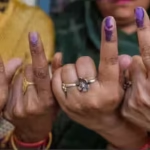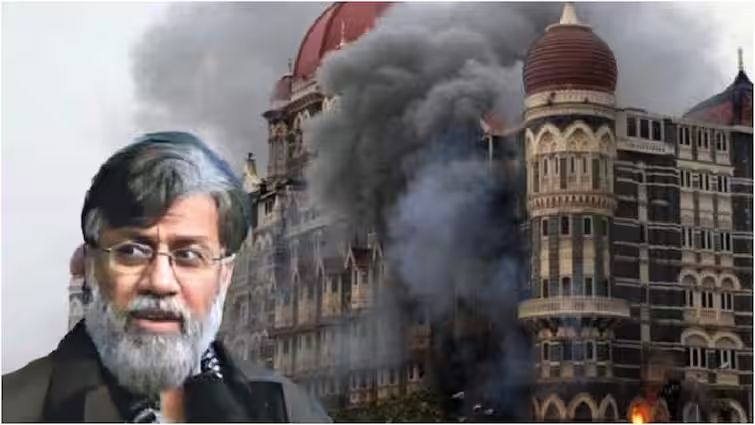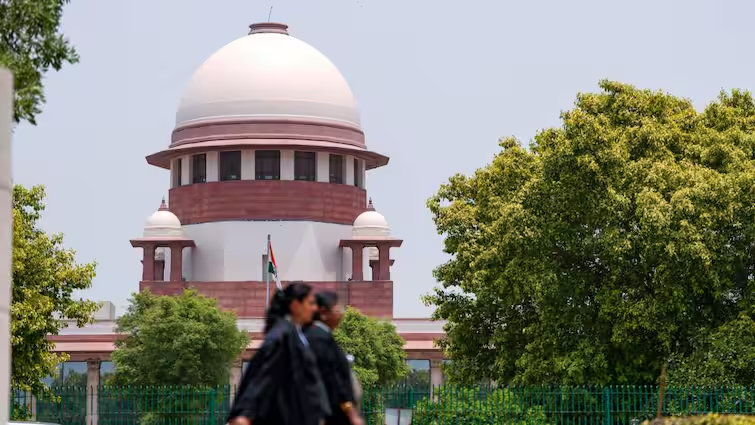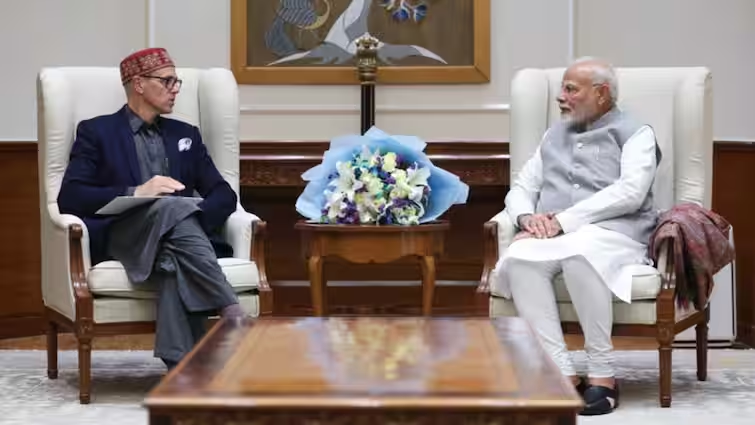Tahawwur Rana Set to Arrive in Delhi Today, Expected to Be Housed in Tihar Prison: Sources
Tahawwur Hussain Rana, an individual implicated in the devastating 2008 Mumbai terror attacks, is anticipated to touch down in Delhi today. Reports suggest that following his extradition from the United States, he will likely be confined within the fortified walls of Tihar Jail, a prominent high-security correctional facility. Rana, originally hailing from Pakistan and a Canadian citizen, is closely linked to David Coleman Headley, a key orchestrator of the infamous Mumbai assault.
Extradition Process Nears Completion
According to prison insiders cited by the news agency PTI, all requisite arrangements have been finalized to accommodate Rana in Tihar Jail. His arrival marks the culmination of a prolonged legal battle in the US, where his final efforts to thwart extradition crumbled. The justices of the US Supreme Court recently dismissed his plea, clearing the path for his transfer to Indian soil. A specialized multi-agency contingent from India has journeyed to the United States to escort him back, ensuring a seamless handover.
A Notorious Figure in the Mumbai Attacks
Rana’s name is indelibly tied to the catastrophic events of November 26, 2008, when a band of 10 Pakistani militants unleashed chaos across Mumbai, India’s bustling financial hub. The terrorists infiltrated the city via the Arabian Sea, launching a meticulously planned onslaught that targeted a major railway terminus, two upscale hotels, and a Jewish community center. The assault, which spanned nearly 60 hours, claimed the lives of 166 individuals, leaving an enduring scar on the nation’s psyche.
Background of a Complex Figure
Born in Pakistan and later acquiring Canadian citizenship, Tahawwur Rana emerged as a significant figure in the Mumbai terror plot through his association with David Coleman Headley. Headley, a US citizen of Pakistani descent, played a pivotal role in scouting locations and gathering intelligence for the Lashkar-e-Taiba (LeT), the Pakistan-based militant group responsible for executing the attacks. Rana, a former Pakistani military doctor turned businessman, allegedly provided logistical support and served as a crucial link in the conspiracy.
Investigations revealed that Rana’s immigration firm in Chicago was used as a front to facilitate Headley’s travels to India under the guise of legitimate business activities. This subterfuge enabled Headley to conduct reconnaissance missions in Mumbai, laying the groundwork for the deadly strike. Rana’s involvement underscored the transnational nature of the plot, spanning continents and exploiting legal loopholes.
Legal Struggles and Extradition Battle
Rana’s extradition has been a contentious saga, marked by years of legal wrangling in the United States. Arrested in 2009 by US authorities, he faced charges related to his role in the Mumbai attacks as well as a thwarted conspiracy to attack a Danish newspaper. While acquitted of direct involvement in the Mumbai assault in a 2011 US trial, he was convicted of providing material support to terrorism and sentenced to 14 years in prison.
India, however, persistently sought his extradition to face trial for his alleged contributions to the 26/11 attacks. After completing his US sentence in 2021, Rana was detained pending extradition proceedings. His legal team mounted a vigorous defense, arguing against his transfer on various grounds, including claims of double jeopardy. Yet, these efforts ultimately faltered when the US Supreme Court declined to intervene, sealing his fate.
Security Measures and Tihar Jail Preparations
With Rana’s arrival imminent, Indian authorities are leaving no stone unturned to ensure his secure confinement. Tihar Jail, located in Delhi, is one of India’s most formidable penitentiaries, known for housing high-profile inmates under stringent conditions. Sources indicate that Rana will be placed in a high-security ward, reflecting the gravity of his alleged crimes and the potential risks associated with his incarceration.
The jail administration has reportedly bolstered its protocols, coordinating with intelligence agencies to preempt any threats. This heightened vigilance underscores the sensitivity of Rana’s case, given its implications for national security and Indo-US counterterrorism cooperation.
The Mumbai Attacks: A Grim Recollection
The 2008 Mumbai attacks remain a somber chapter in India’s history, epitomizing the audacity and brutality of cross-border terrorism. The ten assailants, armed with automatic weapons and explosives, executed their rampage with chilling precision. Iconic landmarks like the Taj Mahal Palace Hotel and the Chhatrapati Shivaji Terminus became battlegrounds, as security forces scrambled to neutralize the threat.
The siege gripped the world’s attention, exposing vulnerabilities in India’s coastal defenses and prompting a reevaluation of its counterterrorism framework. Nine of the attackers were killed during the operation, while the sole survivor, Ajmal Kasab, was captured and later executed in 2012 following a trial. The masterminds, including Headley and Rana, operated from afar, amplifying the complexity of achieving justice.
Implications of Rana’s Extradition
Rana’s extradition to India represents a significant milestone in the pursuit of accountability for the Mumbai attacks. For Indian authorities, bringing him to trial offers an opportunity to unravel further details of the conspiracy and potentially implicate additional accomplices. It also reinforces the nation’s resolve to hold perpetrators of terrorism answerable, irrespective of jurisdictional boundaries.
Moreover, this development strengthens the collaborative framework between India and the United States in combating global terrorism. The extradition underscores a shared commitment to dismantling terror networks and ensuring that justice prevails, even years after the crime.
Awaiting Trial in India
Upon his arrival, Rana is expected to face a slew of charges under India’s anti-terrorism laws, including conspiracy, abetment, and waging war against the state. Legal experts anticipate a high-stakes trial, given the voluminous evidence amassed by Indian investigators, including Headley’s testimony provided to Indian authorities during his plea deal with the US.
The proceedings are likely to reignite public and media scrutiny of the 26/11 attacks, rekindling memories of loss and resilience. For the families of the victims, Rana’s presence in India may offer a semblance of closure, though the wounds inflicted by the tragedy remain profound.
Broader Context of Justice
Rana’s case is emblematic of the broader challenges in prosecuting transnational terrorism. The interplay of legal systems, diplomatic relations, and intelligence-sharing complicates efforts to deliver swift justice. Yet, his extradition signals progress in overcoming these hurdles, affirming that time and distance cannot shield those complicit in such atrocities.
As Delhi prepares to receive this high-profile accused, the focus shifts to the judicial process ahead. Tihar Jail, with its imposing walls and rigorous oversight, will serve as the temporary home for Rana—a man whose actions, prosecutors allege, enabled one of the deadliest terror strikes of the modern era.
Tahawwur Hussain Rana’s arrival in Delhi today closes one chapter of a long-standing saga while opening another. His anticipated confinement in Tihar Jail marks a critical juncture in India’s quest for justice for the 2008 Mumbai attacks. As the legal machinery gears up for his trial, the world watches closely, aware that this moment transcends borders, symbolizing a collective stand against terrorism. For now, Rana’s fate rests in the hands of India’s courts, where the echoes of that fateful November night will reverberate once more















